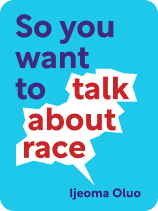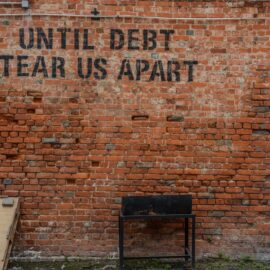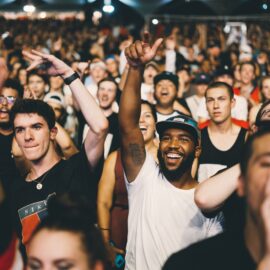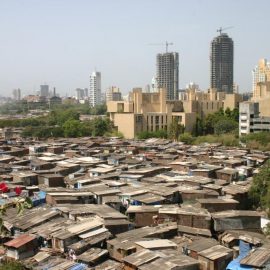

This article is an excerpt from the Shortform book guide to "So You Want to Talk About Race" by Ijeoma Oluo. Shortform has the world's best summaries and analyses of books you should be reading.
Like this article? Sign up for a free trial here .
What does the term intersectionality mean? Can you think of ways how intersectionality applies to your identity?
The term intersectionality has been going around a lot recently. But what does exactly intersectionality mean? Simply put, intersectionality refers to the intersection of multiple forms of privilege or disadvantage.
Keep reading for the answer to the question: what does intersectionality mean?
What Does Intersectionality Mean?
Intersectionality is the recognition that multiple types of disadvantage intersect in complicated ways, either offsetting or compounding one another in an individual’s life. The term was first used by race theorist Kimberlé Crenshaw in 1989 when talking about the experiences of women of color.
For example, if you’re female, black, and queer, like Oluo, the effects of these disadvantaged categories are compounded. On the other hand, if you’re Hispanic, male, straight, and financially well-off, the privileged categories will (to some degree and in some circumstances) offset the disadvantage of being non-white. There’s no specific formula for this, because it depends on our individual configuration of privileges and disadvantages, as well as the environments in which we find ourselves.
Here’s one example of what happens when we don’t understand intersectionality well. Several years ago, Oluo tweeted about a black musician who was widely known to be a sexual predator. Because of this, she started receiving abusive messages from black men criticizing her lack of solidarity, saying she “hated” them, was “betraying” them, and was on “the side of the white oppressors.” Similarly, white women in feminist circles also criticize her for being “divisive” when she talks about black women’s needs.
Social justice movements need to consider intersectionality if they want to fight for justice for everyone. If we don’t consider intersectionality, this leaves behind the less visible subcategories within a disadvantaged group. We can apply intersectionality to develop more inclusive practices in government, the education system, and other important institutions.
Exercise: Explore Intersectional Identities
Examine how intersectionality works in your own life.
Write down a list of all of the social descriptors you can think of that might apply to you (for example white, Hispanic, neurotypical, Hindu, thin, working class, and so on.)
Which of these categories confer privilege? In what ways?
Which confer disadvantage?
Can you think of any ways in which these privileges and disadvantages change, compound, or offset each other?

———End of Preview———
Like what you just read? Read the rest of the world's best book summary and analysis of Ijeoma Oluo's "So You Want to Talk About Race" at Shortform .
Here's what you'll find in our full So You Want to Talk About Race summary :
- How to have an intelligent, empathetic conversation about race
- Why people are afraid to talk about race
- Where racism came from and what fuels it






